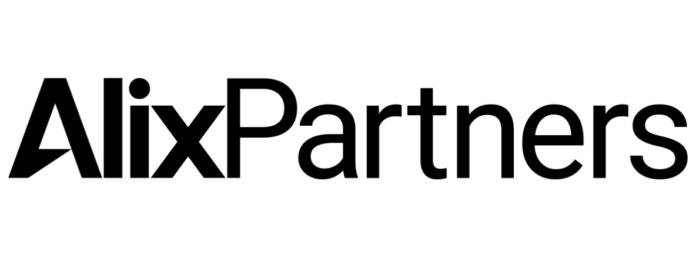NEW YORK–72% of CEOs are worried about losing their jobs due to increased disruption in their industry, and 94% predict drastic change to their business models during the next three years, according to a new survey from global consulting firm AlixPartners. The AlixPartners 2022 Disruption Index surveyed more than 3,000 CEOs and executive leaders to examine their top business concerns and the impact of disruption–defined as the forces that displace businesses, markets, and operating models–on their organizations. Amid unprecedented business disruption, CEOs say the pandemic is not their foremost concern in the year ahead.
The survey paints a challenging environment for today’s executives, as seven in 10 (70%) report facing increased levels of disruption to their company over the past year. No matter what actions executives take in response to key challenges like supply chain upheaval, the workforce crisis and digital transformation, three in five (57%) worry their company is not adapting fast enough to stay ahead of disruption. With disruption causing so much uncertainty and anxiety for business leaders, more CEOs cite concern over losing their jobs this year (72%) compared to last year (52%).
“The pandemic presented businesses and their leaders with the most acute set of disruptors since World War II,” said Simon Freakley, CEO of AlixPartners. “However, CEOs view these issues as paling in comparison to the technological, societal, and economic challenges that their businesses must confront today and in the years ahead.”
CEOs’ greatest areas of concern include:
- Supply Chain Upheaval: Supply chain will be a protracted crisis for executives. Despite this, less than half (43%) are taking longer-term action to address the core issues. Instead, most (58%) are focused on short-term solutions, such as entering into new transportation contracts, paying more for materials, products, and transportation, and raising prices. Regardless, 77% feel their actions to address supply chain disruption are not effective enough.
- The Workforce Crisis: Four in five CEOs (80%) fear the current labor shortages may be permanent. Executives are most challenged by finding employees with the right skills, attracting and retaining a diverse workforce, and finding sufficient budget to invest in AI and automation. Additionally, two in three executives (65%) are concerned their employees will not have the skills required to succeed in the future. These challenges put productivity in jeopardy, but top strategies to address these issues, specifically training and education, are not seen as sufficient.
- Digital Transformation: Three out of four CEOs (78%) believe the adoption of digital tools is critical to the survival of their company. Despite this, nearly half of executives (46%) say their top challenge is poor execution of the technology and tools in which they have invested.
“CEOs need to have a new skill set and mindset to lead their companies through the continuous waves of disruption,” added Freakley. “Today’s CEO must be in a constant state of growth and reinvention, showing the courage to make decisions based on imperfect information, pivot strategies based on new insights and market forces, and never stay hostage to tried-and-true, but rapidly fraying business models. By embracing disruption, CEOs can capitalize on opportunities in their markets and completely reshape the competition.”
As leaders focus on mitigating the effects of disruption, AlixPartners believes leaders who take advantage of its opportunities will be positioned for success. To address the workforce crisis, leaders must focus on creating the workforce of tomorrow, today. This means hiring talent aligned with the company you want to become not necessarily the one you have been. To accelerate digital transformation, successful leaders will focus on the business problem, not the technology. By starting small and scaling fast, leaders should lean into change to achieve results. Leaders who embrace a future-first mentality and take an action mindset, versus taking a wait-and-see attitude, will be best positioned to meet the challenges of tomorrow.



